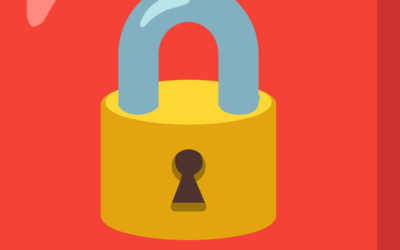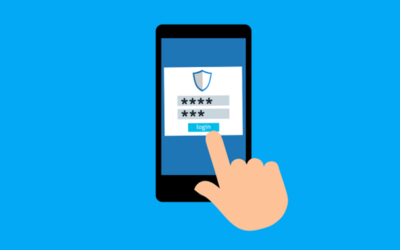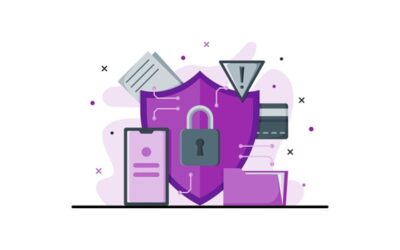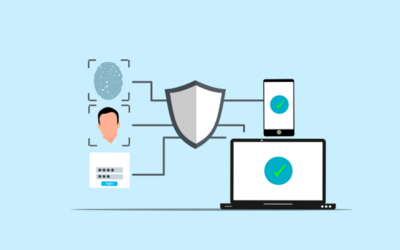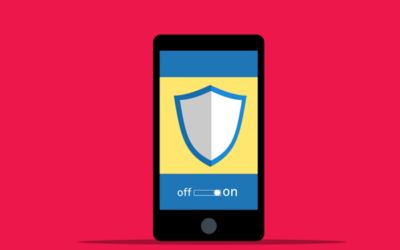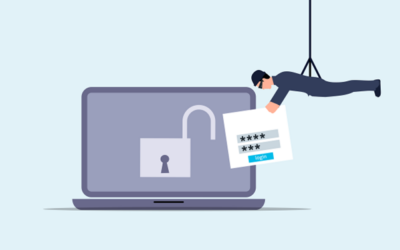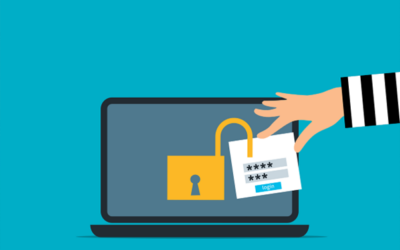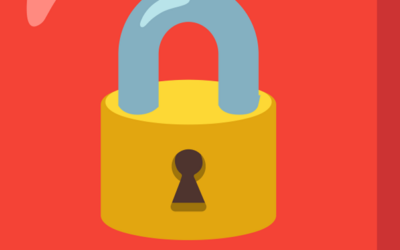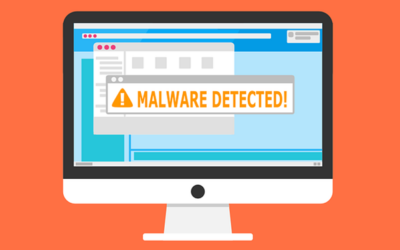 The average person has hundreds of online services they use now or have used in the past. To log in to each of these, you need your email address and a password. These details and multi-factor authentication are the main weapons stopping cybercriminals from accessing your accounts.
The average person has hundreds of online services they use now or have used in the past. To log in to each of these, you need your email address and a password. These details and multi-factor authentication are the main weapons stopping cybercriminals from accessing your accounts.
Hackers find it easy to get email addresses and have become very sophisticated at guessing passwords. So they use automated attack software. For example, they might try a common word attack, where they try thousands of everyday words as the password. It’s why using your pet’s name, child’s name, or favorite sports team is not a good idea.
They may also try a brute force attack, where they try millions of combinations of characters. The easiest way for a hacker to get in is to discover a password you use on one service and try it on all your other services. If you reuse passwords, it only takes one service to have a breach, and all your services are at risk.
Therefore best practice password advice is very simple but powerful:
- Always use long, randomly generated passwords, or password sentences (such as “rope-fruit-parking-apple-swing-enormous”)
- Never write down passwords or record them anywhere unencrypted
- Never use a password for more than one service
Best practice is one thing. But, the reality is most people can’t remember a) what their passwords are and b) which password is for which service. Constantly resetting passwords because you can’t remember them is just annoying. So, people cheat. It’s human nature to do this because we’re all looking for small ways to make our lives easier.
Some of your team will use weak passwords. Or use the same password across several services. Or use a strong password but leave it on display on a sticky note on their monitor.
This is where a password manager comes in. The password manager removes all the stress and difficulty for you and your team. You can integrate it with your computers and mobile phones.
When you need a new password, it will randomly generate one. A very long password that’s difficult for the human eye to read (ideally at least 16 characters). It will also throw in some special characters, such as $, & and #. Then it will remember that password. And best of all, when you log in to a service, it will automatically fill in that password for you.
Password managers make good password practice easy for busy people.
If you want our recommendation of which password manager we use and suggest, contact us.



